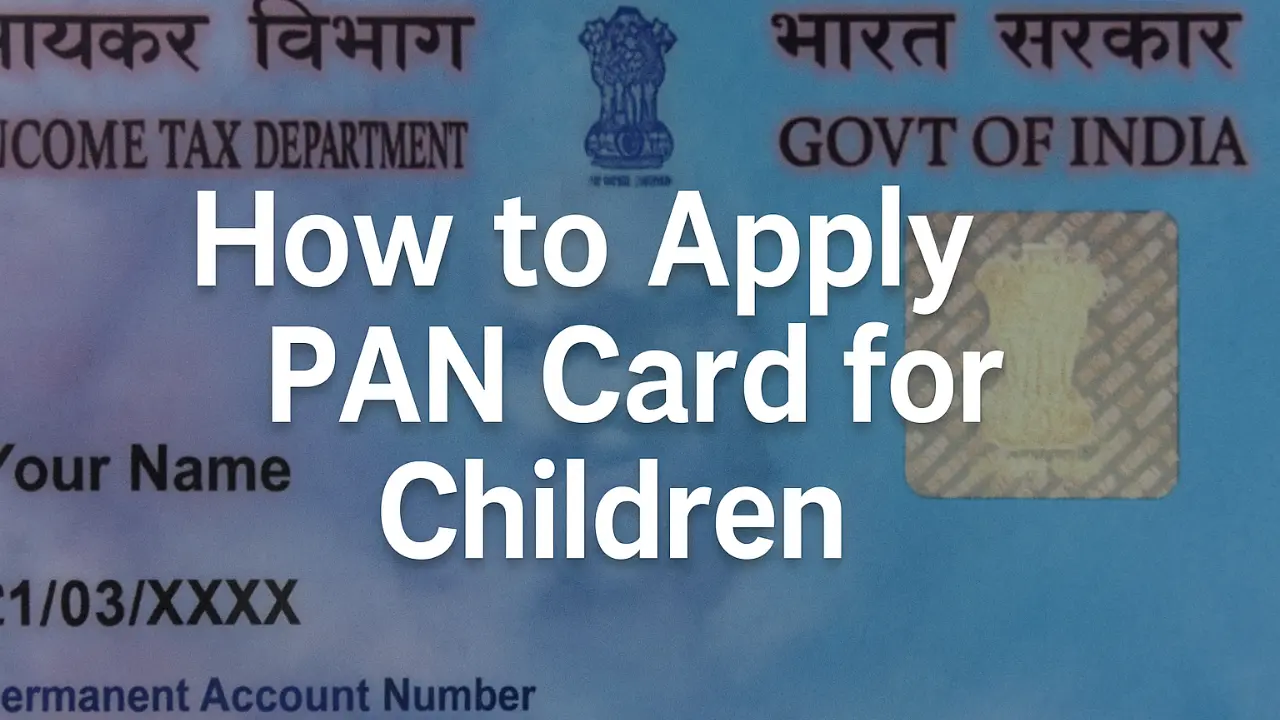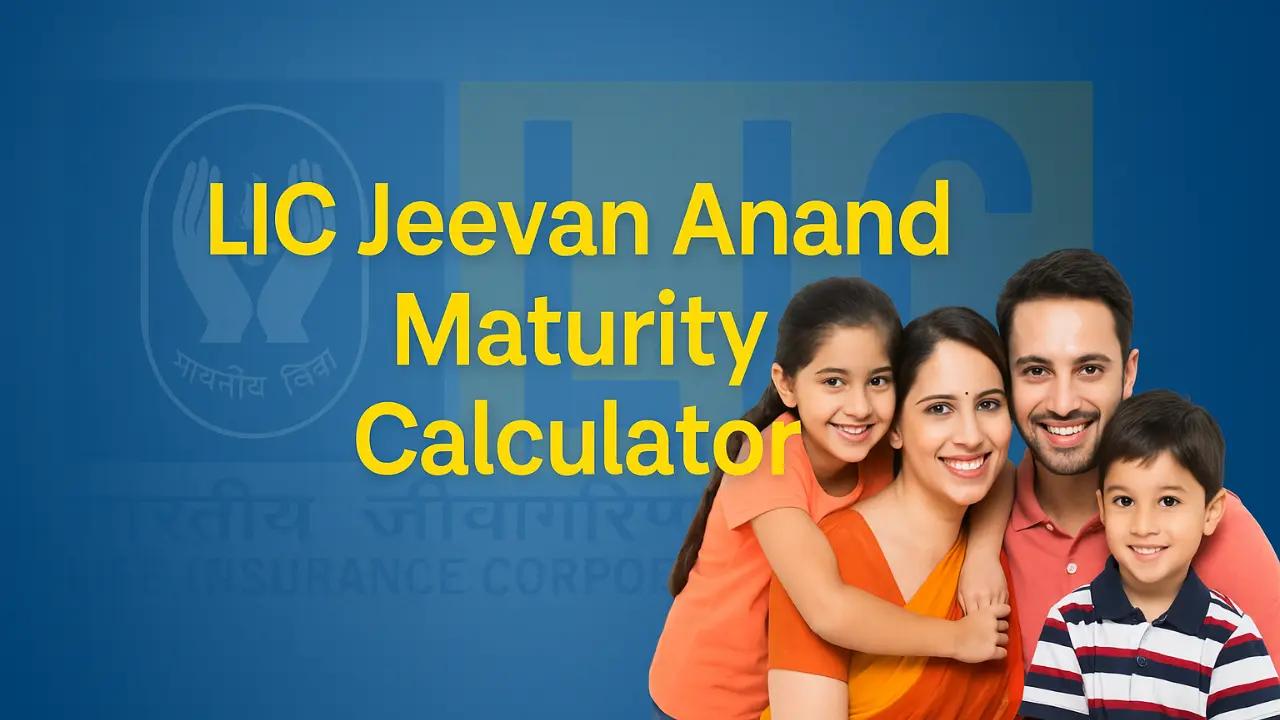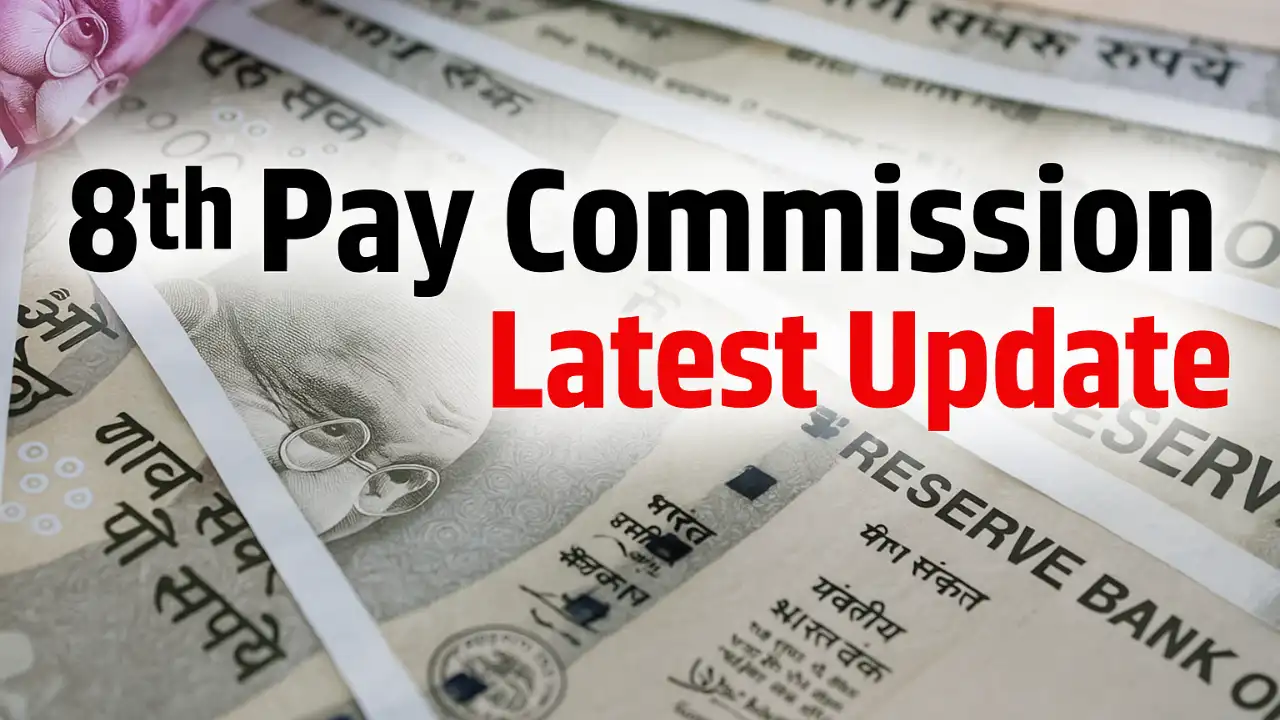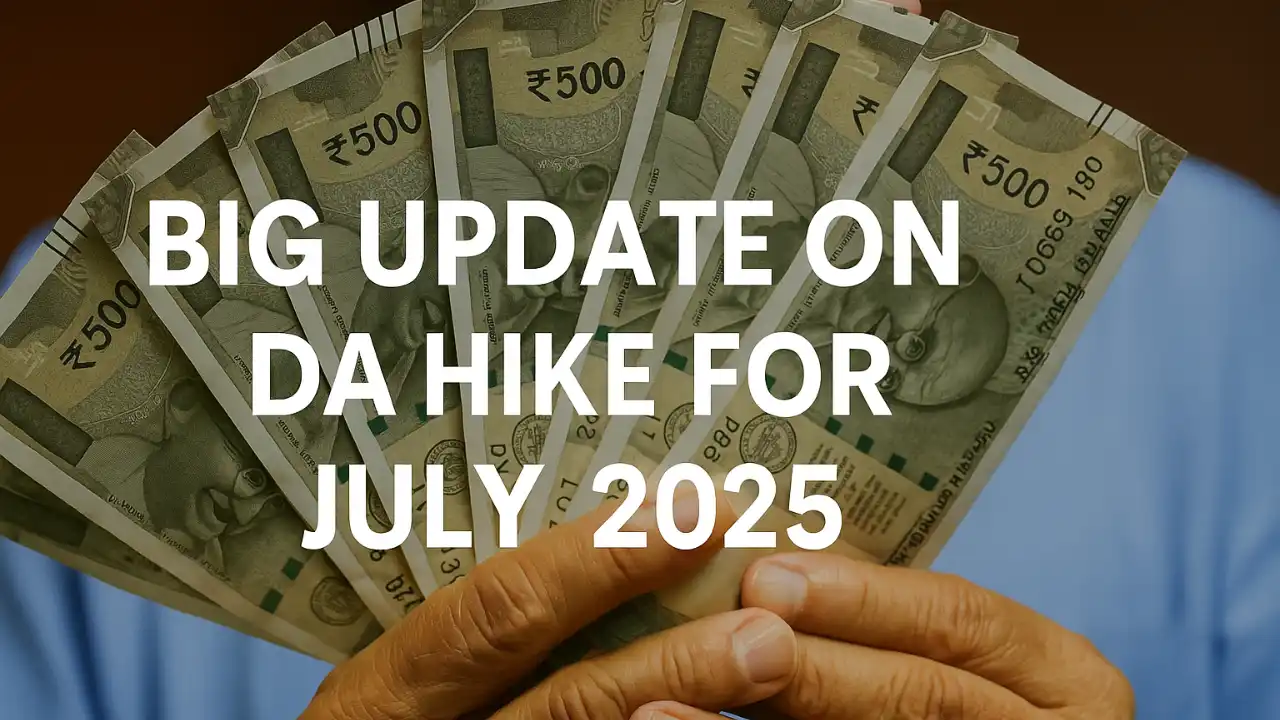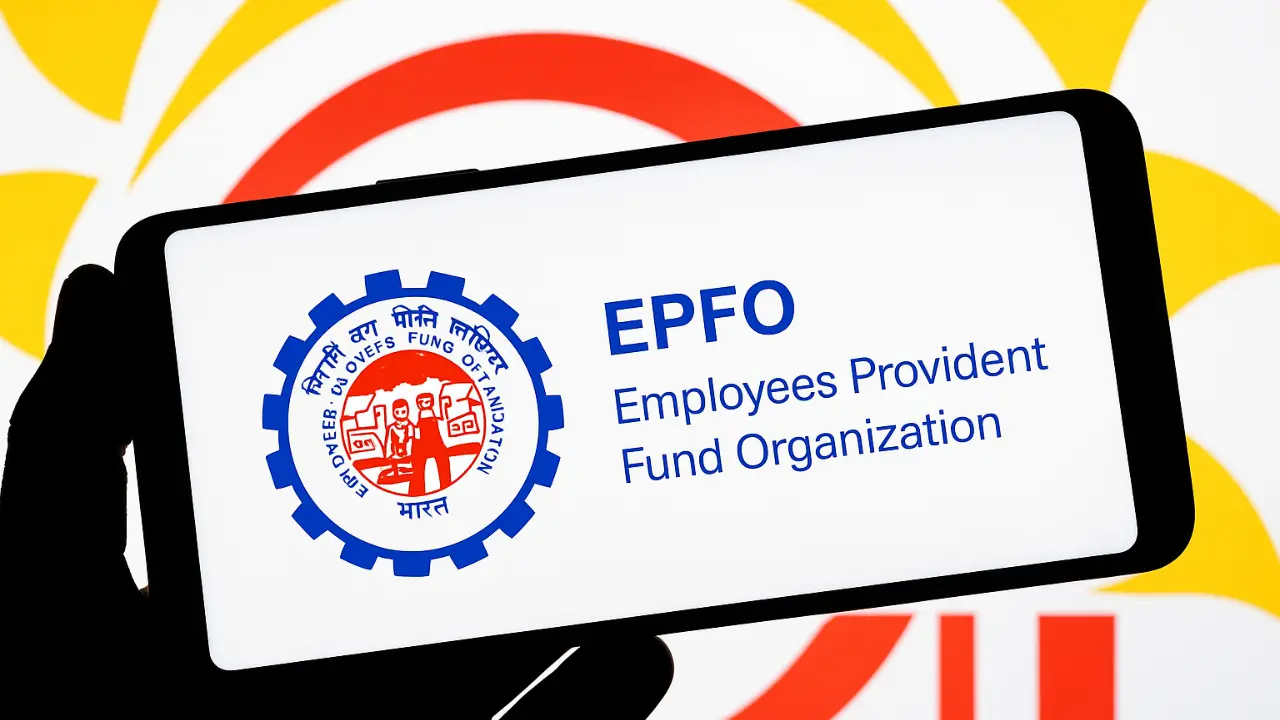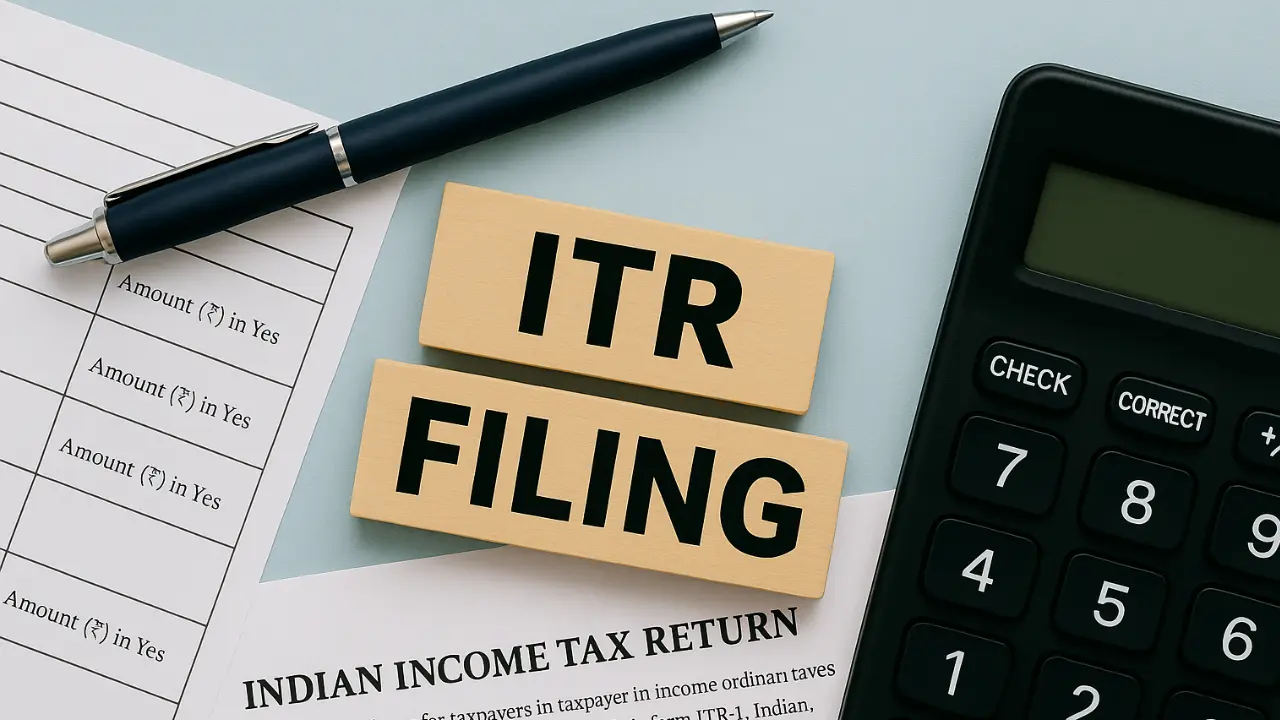The Indian taxation system is set to undergo significant changes under Modinomics 2025, with major reforms in Tax Deducted at Source (TDS) and Tax Collected at Source (TCS). These reforms aim to streamline tax compliance, curb tax evasion, and enhance ease of doing business. Taxpayers, businesses, and financial institutions must be aware of these changes to avoid penalties and optimize tax planning.
In this article, we break down the major TDS and TCS reforms introduced in Modinomics 2025, their impact, and how taxpayers can stay compliant.
1. Higher TDS on High-Value Transactions
To track large cash flows and undisclosed income, the government has revised TDS rates on high-value transactions, including property purchases, luxury expenditures, and high-value bank deposits.
Key Changes:
- Property Transactions: TDS on property transactions above ₹50 lakh will increase from 1% to 2%.
- Luxury Spending: Payments above ₹2 lakh on international travel, jewelry, and luxury goods will attract higher TDS slabs.
- Fixed Deposits & Bank Transactions: Higher TDS on FD interest exceeding ₹10 lakh annually.
Impact: Taxpayers need to ensure proper documentation and report all high-value transactions to avoid penalties.
2. Revised TCS on Foreign Remittances & E-commerce Transactions
Under Modinomics 2025, Tax Collected at Source (TCS) on international transactions and online spending will see major changes.
Key Changes:
- Foreign Remittances: TCS on remittances above ₹7 lakh under Liberalized Remittance Scheme (LRS) increased from 5% to 10%.
- E-commerce Purchases: Online purchases from foreign websites will attract TCS of 1% to prevent tax avoidance.
- Crypto & Digital Assets: Digital asset purchases from overseas exchanges will now fall under the TCS net.
Impact: Frequent travelers, e-commerce shoppers, and cryptocurrency investors need to factor in higher TCS deductions in their financial planning.
3. Simplified TDS for Freelancers & Professionals
Freelancers, gig workers, and professionals will benefit from a simplified TDS structure to promote ease of tax compliance.
Key Changes:
- Threshold Increased: TDS deduction threshold increased from ₹30,000 to ₹50,000 annually.
- Lower TDS Rates: Freelancers earning up to ₹5 lakh will now pay a reduced TDS of 2% instead of 10%.
- Quarterly TDS Payments: Option for quarterly TDS filings instead of monthly deductions.
Impact: Freelancers and professionals will experience reduced tax burdens and simplified compliance processes.
4. Automated TDS Refund & Reconciliation System
To speed up tax refunds and eliminate mismatches, the government has introduced an AI-driven TDS reconciliation system.
Key Features:
- Automatic Refund Processing: Eligible taxpayers will get TDS refunds within 30 days of filing returns.
- TDS-TCS Reconciliation: AI-based tracking will match reported income with deductions to avoid disputes.
- Instant Notifications: Taxpayers will receive real-time alerts on mismatches and pending refunds.
Impact: Faster refunds and reduced paperwork will improve the overall tax compliance experience.
5. Stricter Penalties for Non-Compliance
With tax evasion on the rise, Modinomics 2025 introduces harsher penalties for non-compliance with TDS and TCS rules.
Key Changes:
- Delayed TDS Payments: Interest penalty increased from 1.5% to 2% per month for late payments.
- Fake TDS Claims: Falsified TDS claims will now attract a penalty of up to ₹5 lakh.
- Failure to Deduct TDS: Businesses failing to deduct TDS will be charged double the original deduction amount.
Impact: Businesses and individuals must ensure timely compliance to avoid financial penalties.
6. Digitalization & AI Integration in Tax Filing
The Income Tax Department is shifting towards fully digital tax processing to enhance transparency and reduce manual errors.
Key Changes:
- AI-Powered Tax Audits: AI-driven audits will identify suspicious transactions and unreported income.
- Paperless Filing: Complete elimination of physical paperwork for TDS & TCS compliance.
- Pre-Filled Tax Forms: Taxpayers will receive pre-filled forms based on past returns and banking data.
Impact: Reduced human intervention will lead to error-free tax filings and faster processing.
Conclusion
Modinomics 2025 brings transformational changes to TDS and TCS regulations, aiming for higher tax compliance, transparency, and ease of doing business. While some reforms increase tax burdens on high-value transactions, others simplify compliance for professionals and small businesses.
To stay compliant, taxpayers must: ✅ Keep track of updated TDS and TCS rates ✅ Plan transactions to minimize higher tax deductions ✅ Utilize digital platforms for faster tax processing ✅ Avoid penalties by filing returns on time
FAQs
1. Who will be most affected by the new TDS and TCS rules?
High-value taxpayers, luxury spenders, freelancers, and businesses with international transactions will be most impacted.
2. Will TDS refunds be processed faster under the new system?
Yes, with automated AI-powered refunds, taxpayers can expect TDS refunds within 30 days of filing.
3. How can freelancers benefit from the new TDS rules?
Freelancers earning below ₹5 lakh will pay lower TDS, and those earning up to ₹50,000 annually won’t need mandatory deductions.
4. What happens if I fail to deduct or deposit TDS?
Strict penalties apply, including higher interest rates and double deduction charges.
5. How can I track my TDS and TCS transactions easily?
The new AI-driven tax portal provides real-time updates, alerts, and reconciliation features for taxpayers.





